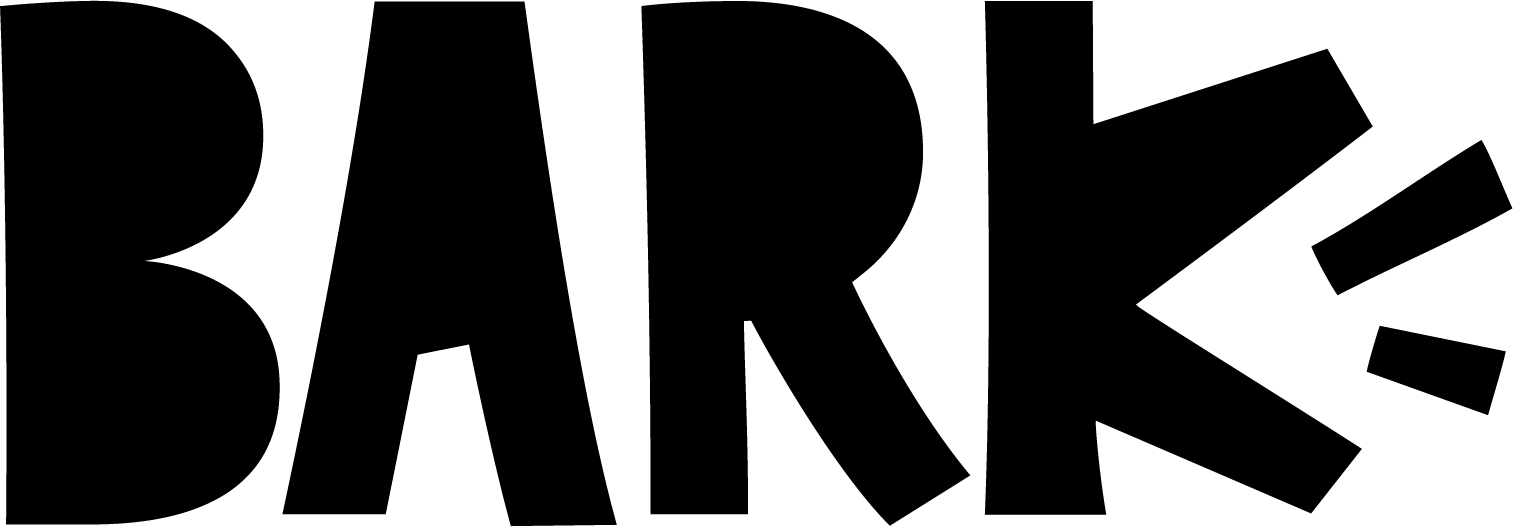Whether it’s a stick, a pair of socks, a toy or a tasty turd, certain dogs have a tendency to swallow items they shouldn’t. Some of these treasures may pass harmlessly through their digestive tract, but others can cause serious problems. There are several theories as to why these dogs repeatedly ingest items that aren’t food, however no one knows exactly what causes this behavior.
As a former veterinary technician, I have seen dogs pass foreign objects as large as tennis balls and as potentially dangerous as diamond stud earrings with no intervention other than a little extra fiber in their diet.
I have also seen dogs undergo extensive, painful surgery to remove blockages caused by hair, leaves and other materials that may not seem all that toxic. And, unfortunately, I have seen dogs die as a result of an ingested object causing an intestinal blockage. So what should you do if your dog thinks he’s a canine garbage disposal?
What do I do if my dog eats poop?

Eating feces is known as Coprophagia. Although disgusting, it’s usually not life-threatening. Again, we don’t know exactly why some dogs do this, but it may be associated with poor nutrition, vitamin deficiency, thyroid conditions or diabetes, so consult your vet.
If your dog is a connoisseur of feces from himself, other dogs or the family cat, regular de-worming and a round of a product like For-Bid should do the trick. If you live in a rural area where your pup has access to moose, deer, duck or goose poop, talk to your vet, as these may lead to less common parasites or bacteria.
What do I do if my dog ate [rocks, dirt, socks, sticks, underwear, light bulbs, etc.]?
Ingesting foreign objects like toys, rocks or clothing can be far more serious. Here are some signs that your pooch may have swallowed something dangerous. Any combination of these symptoms should mean an immediate trip to the vet!
- Nausea – gagging, drooling, licking the lips repeatedly
- Vomiting – food may come back up undigested
- Painful, swollen belly
- Refusal to eat
- Lethargy
- Depression – refusal to play, irritability, behavior changes
- Changes in bowels — diarrhea, constipation
If you know your dog has ingested a specific foreign object you should immediately consult your veterinarian. Based on the physical exam and X-rays, the vet can determine if your pup can pass the item the old fashioned way, or if medical intervention is needed. Treatment options will also depend on your dog’s age, size, symptoms and history.
Dog joy delivered every month!

What do I do if my dog ate something sharp?
If the object is metal or sharp, vets will sometimes prescribe a high fiber diet to bulk up the stool and coat the item as it passes through the digestive tract. Even a tiny object can cause punctures or tears in your dog’s digestive tract as it passes, so surgery may still be required.
The size, density, and material of the object your dog has eaten will also factor into the treatment plan. Feminine products like tampons can be quite dangerous because the material expands from the moisture of the digestive tract. Other materials like hair, carpeting, and clothing can build up in the intestines over time if your dog is a repeat offender.
No matter what your dog’s object of choice, there are steps you can take to prevent a foreign body emergency:
- Always monitor your dog when outside
- Use a short, non-extending leash on walks
- Pick up all toys, laundry, etc when you leave the house or cannot monitor your pooch (remember, our dogs love items that carry our smell!)
- Consider using a crate when you are unavailable
- Line crates and bedding with safe materials only: ask your veterinarian for recommendations
- Deworm your dog regularly
- Know the signs and symptoms
- Seek veterinary advice or care immediately if there is an incident







